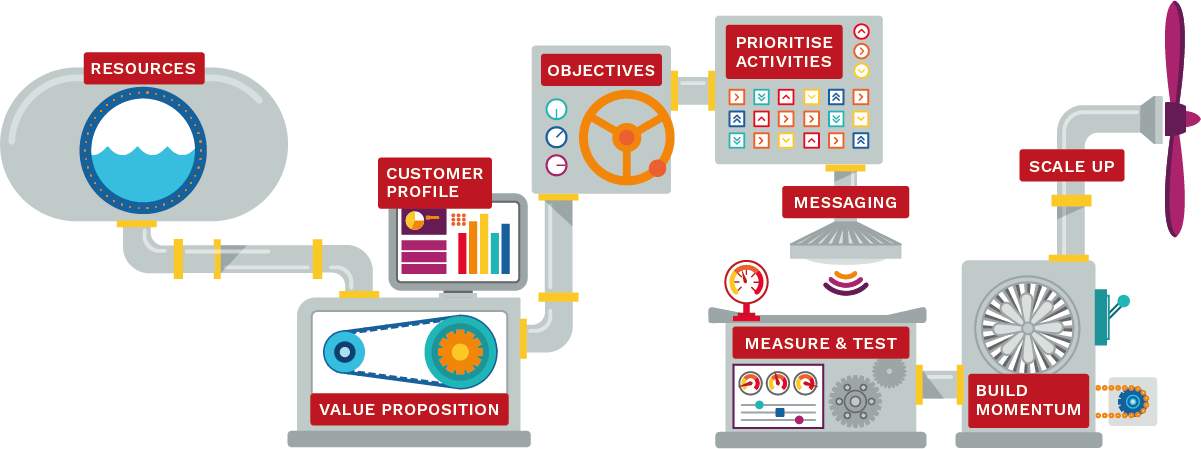

Marketing Consultant or Fractional CMO? Why It Matters Once You Start Scaling
By the time a business hits around £1m turnover, marketing should feel easier.


By the time a business hits around £1m turnover, marketing should feel easier.


By mid-January, most businesses aren’t stuck.
.png)
.png)
I can still remember standing at a buffet, plate in hand, piling on profiteroles, cheesecake, and a...
.png)
.png)
You’re paying for PR. You’re getting coverage. Your name’s popping up in places it never did before.


So let’s start by challenging the most unhelpful myth in B2B marketing:that marketing is some kind...
.png)
.png)
You’ve been posting diligently. Carefully chosen images, a dash of personality, maybe even the odd...
.png)
.png)
The marketing world is obsessed with shiny toys, and it’s costing businesses dearly.
.png)
.png)
Hiring a Marketing Executive feels like progress. Finally - someone to take marketing off your...
.png)
.png)
Let’s talk about the marketing fear no one really admits to.Not the “what if no one buys?” fear....


You’ve been told social media will bring you leads. So, you set up your profiles, start posting,...
.png)
.png)
Can’t sit still long enough to finish a marketing plan? Got ten half-started campaigns lurking in...
.png)
.png)
Thinking about bringing in a Fractional CMO? You’re not alone. More and more SMEs are looking for...
.png)
.png)
Sometimes a campaign took off. Other times, the exact same tactic flopped. And when it flopped, I...


A tech consultant asked me a really insightful question today: “Can you do a spike test for...


I used to think marketing was all fluff. Then I applied my engineering training to it.
If you'd...